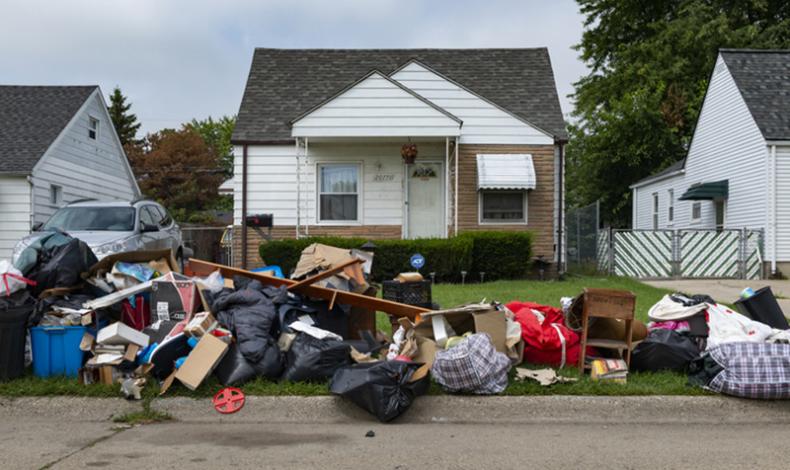Vincent Reina Joins Nationwide Initiative to Help Slow Rental Evictions

Will a nationwide wave of evictions from rental properties emerge amid weak economic recovery from the COVID-19 crisis?
Will a nationwide wave of evictions from rental properties emerge amid weak economic recovery from the COVID-19 crisis?
Among the experts tapped to answer the question is Weitzman’s Vincent Reina, assistant professor of city and regional planning and faculty director of the Housing Initiative at Penn.
As the COVID-19 pandemic continues to grow across the United States and around the world, decision makers must prepare for what course the pandemic could take, how governments will respond, and when vaccines will become widely available. To help them take steps toward a strong and sustained recovery, the National Academies of Sciences, Engineering, and Medicine have launched a new initiative to provide analyses aimed at protecting critical societal functions, avoiding worst outcomes, and building upon potential opportunities.
It’s called the Response and Resilient Recovery Strategic Science Initiative, and for the initiative’s pilot case, Reina and the other members of his strategy group will examine how the pandemic could affect rental property evictions for low- and middle-income households and disadvantaged groups and identify potential chains of consequences—such as increased spread of COVID-19 due to homelessness or displacement, inability to maintain employment, or added strains on already taxed community resources. The group’s work and advice will be presented in short, peer-reviewed documents designed to be easily accessible to stakeholders across the public and private sectors, and at the national, state, and local levels.
“I’m honored and encouraged to be part of this effort,” Reina says. “From our work at the Housing Initiative at Penn, we know that many cities have moved aggressively to provide rent relief through the CARES Act. But it’s looking more and more like the federal funding just didn’t go far enough.”
The Initiative was spearheaded by National Academy of Sciences President Marcia McNutt,
As society responds to the COVID-19 pandemic, she says, “we’re worrying entirely about stopping the transmission and flattening the curve, but we don’t look at the long term. The purpose of this initiative is to take a careful look at these cascading impacts on essential aspects of modern society in the months and years ahead.”
McNutt proposed a framework for delivering science in a crisis based on her experience during the federal response to the Deepwater Horizon explosion and oil spill in the Gulf of Mexico — one of the worst environmental disasters in U.S. history.
“This is a tool where we can identify these emerging issues and come up with a series of steps to get them in front of stakeholders before these scenarios have actually played out with negative consequences,” says McNutt.

